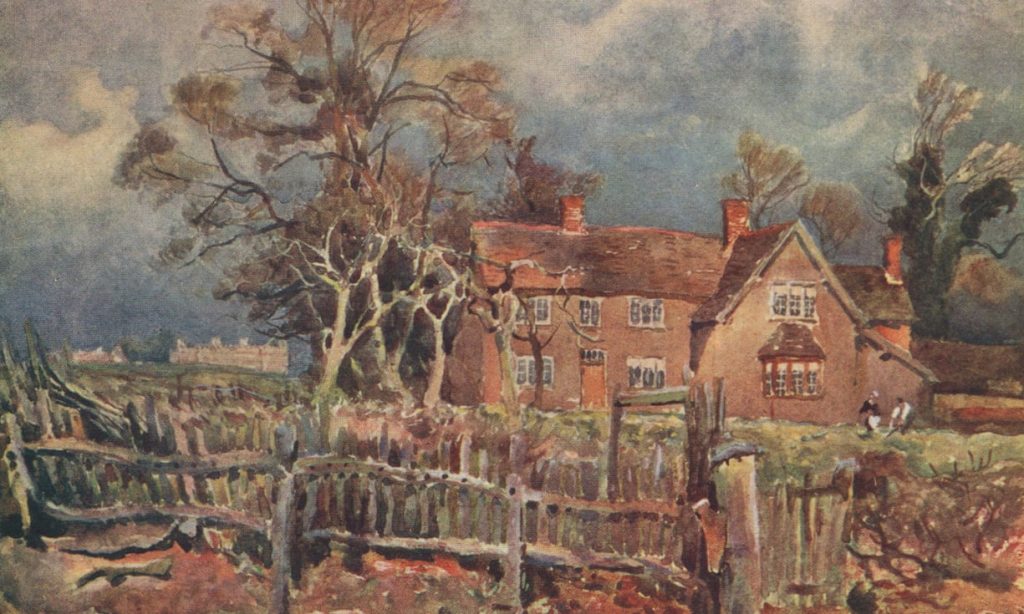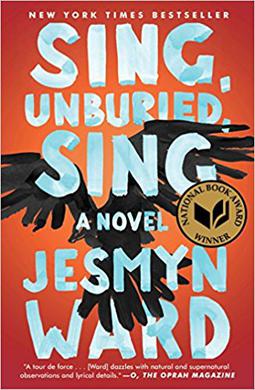(22 November 1819 – 22 December 1880)
Also known as? I would suggest really, mostly only known as …

George Eliot is remembered by me today, and a very many more I would imagine, on this the 200th anniversary of her birth.
Eliot was someone I read a lot when I was really quite young, and thinking from the here and now about The Mill on the Floss and Middlemarch I remember that I seemed to have almost forgotten how much she, and especially these two books, had once meant to me. They were firmly entrenched there in the private literary (and sometimes not so profoundly “literary”!) canon of the younger me but, as it often is as one grows older, passions dim somewhat with the passing of time and (too) often diverted by the seductions of the “new”. This doesn’t have to be seen entirely negatively though; passions rekindled also have their appeal and may even be enhanced by experience. George Eliot then is due to reenter my life – and not before time!

I’m actually quite surprised that, with the exception of the UK where there has indeed been a number of written pieces and some radio and television programs, there has not been more media attention granted to this absolute giant of 19th century English literature in these days, nor to the best of my knowledge is there a major celebratory biography in the offing.
Some articles I have read focus on the provincial settings (and sensibilities) of much of Eliot’s work, and the inspiration drawn from her own youth and familial relationships – for example this one by Kathryn Hughes at The Guardian. Another interesting perspective, and relatively new to me, is her non-literary – and quite idiosyncratic – work, exemplified by her translation of Baruch Spinoza’s Ethics. Again, here is a Guardian story in respect to this. And indeed a full text pdf of her translation (from the University of Nebraska) is to be found here, though I cannot of course guarantee its certitude. It should also be said, very few articles written about Eliot could fail to ignore her highly unusual personal circumstances. The following Wiki extract I think makes clear that George Eliot’s complicated private life was also inextricably bound to her work.
…The philosopher and critic George Henry Lewes (1817–78) met Evans in 1851, and by 1854 they had decided to live together. Lewes was already married to Agnes Jervis, although in an open marriage. In addition to the three children they had together, Agnes also had four children by Thornton Leigh Hunt.[18] In July 1854, Lewes and Evans travelled to Weimar and Berlin together for the purpose of research. Before going to Germany, Evans continued her theological work with a translation of Feuerbach’s The Essence of Christianity, and while abroad she wrote essays and worked on her translation of Baruch Spinoza‘s Ethics, which she completed in 1856, but which was not published in her lifetime.[19] …
Wikipedia contributors. “George Eliot.” Wikipedia, The Free Encyclopedia. Wikipedia, The Free Encyclopedia, 3 Dec. 2019. Web. 4 Dec. 2019.
I say above “relatively new” in respect to my acquaintanceship with Eliot’s works of non-fiction and translation because it was only on reading Marilynne Robinson’s Gilead last year, and pondering the German philosopher Ludwig Feuerbach who in Robinson’s novel plays an important role in intellectually influencing (and driving towards atheism) the brilliant brother of the narrator, that I learnt that it was George Eliot who had translated his most well known (and controversial) work The Essence of Christianity from German.
Also, an interesting collection of articles and manuscripts at The British Library may provide a nudge towards becoming (re-) acquainted with Eliot. An excellent time to do so.



